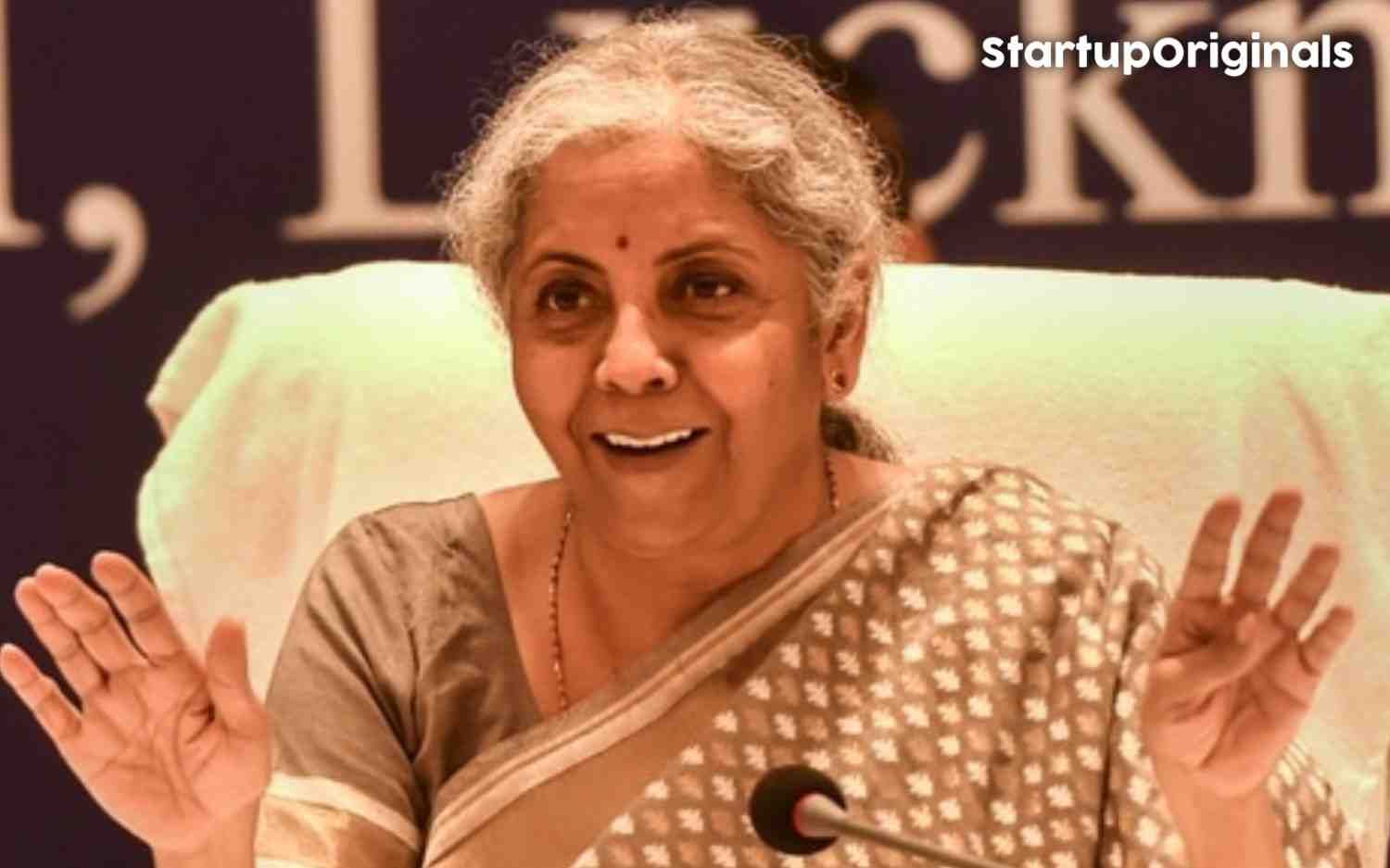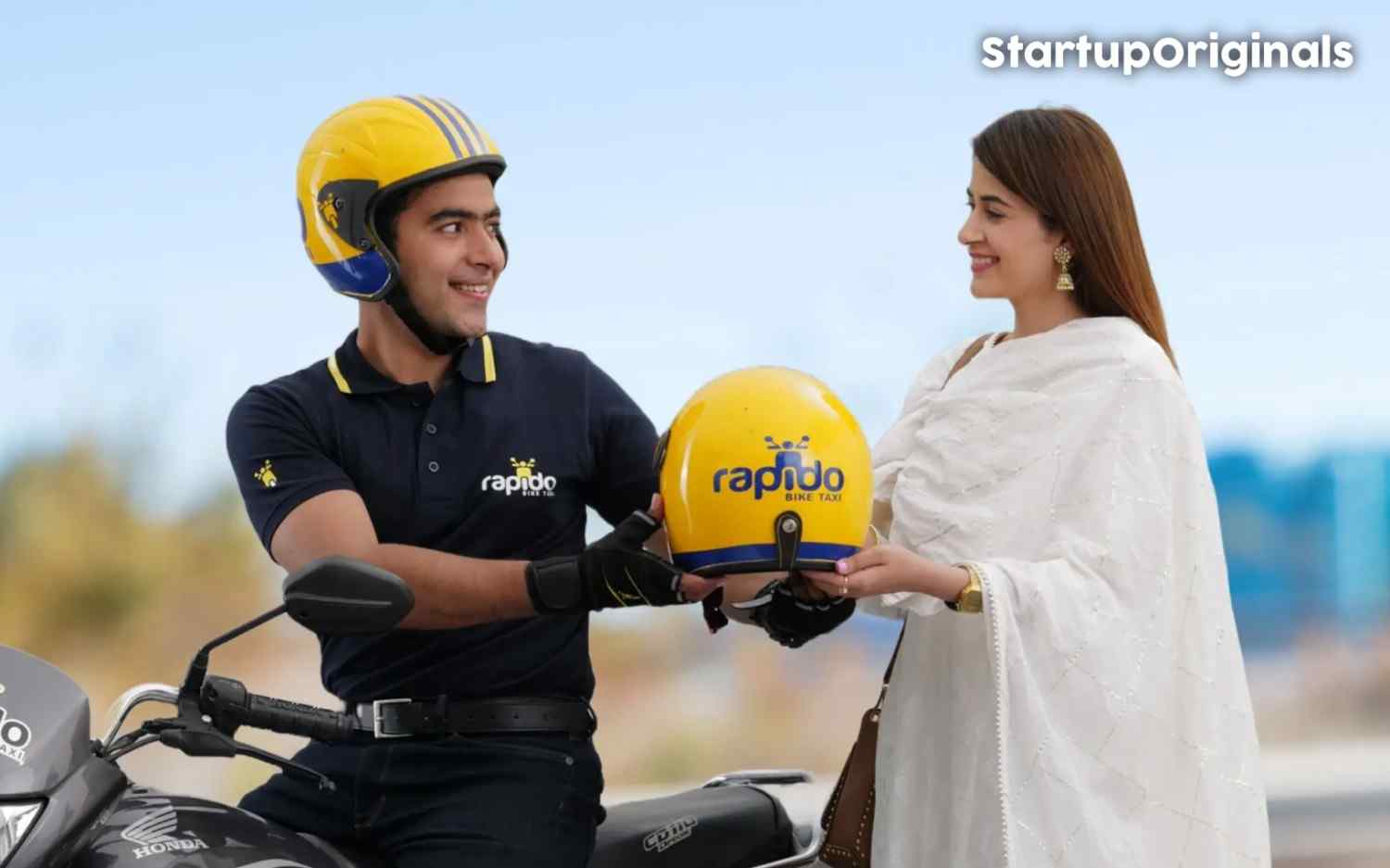
In a recent discussion, Finance Minister Nirmala Sitharaman clarified a significant distinction in India’s education sector taxation: commercial coaching centres are not treated as educational institutions and, hence, are subject to an 18% Goods and Services Tax (GST). Meanwhile, schools and colleges continue to benefit from exemption, a tax policy aimed at keeping formal education affordable.
Schools vs. Coaching Centres: The Tax Divide
GST rules differentiate between formal educational institutions and privately run coaching or training centres. While schools and colleges (whether government-run or private) delivering standard curricula remain GST-exempt, coaching centres, including those preparing students for competitive exams, are categorized as commercial training services. This classification makes them liable for the standard 18% GST.
What Does “Not Educational Institution” Mean in GST Terms?
Under the GST framework, an “educational institution” typically refers to establishments offering pre-school through higher secondary education or recognized vocational courses. Services from these institutions – like tuition, transport, mid-day meals, are either GST-free or exempt. Coaching centres, however, fall under the “commercial training and coaching services” category, which is fully taxable at 18%.
GST Reforms and Their Education Impact
Recent reforms aimed at simplifying GST – known as GST 2.0, continue the exemption for schools and colleges through the full range of formal education. Meanwhile, coaching services and online tutoring remain unaffected, sustaining the 18% tax liability.
This tax structure is designed to incentivize reliance on formal educational frameworks and disincentivize dependency on coaching industries.
Why the Distinction Matters
From the government’s perspective, formal schooling is a broader social good and aligned with public welfare goals, hence deserving of tax exemption. Coaching, being an add-on service outside the core curriculum, is treated as a commercial offering and taxed accordingly. This ensures a policy balance between accessibility to basic education and regulation of supplementary, profit-driven services.
Conclusion:
- Schools and colleges remain tax-exempt, ensuring core education stays affordable.
- Coaching centres, deemed commercial services, attract 18% GST.
- This policy distinction underscores the government’s effort to maintain equitable access to educational basics while regulating commercialization around supplementary services.




